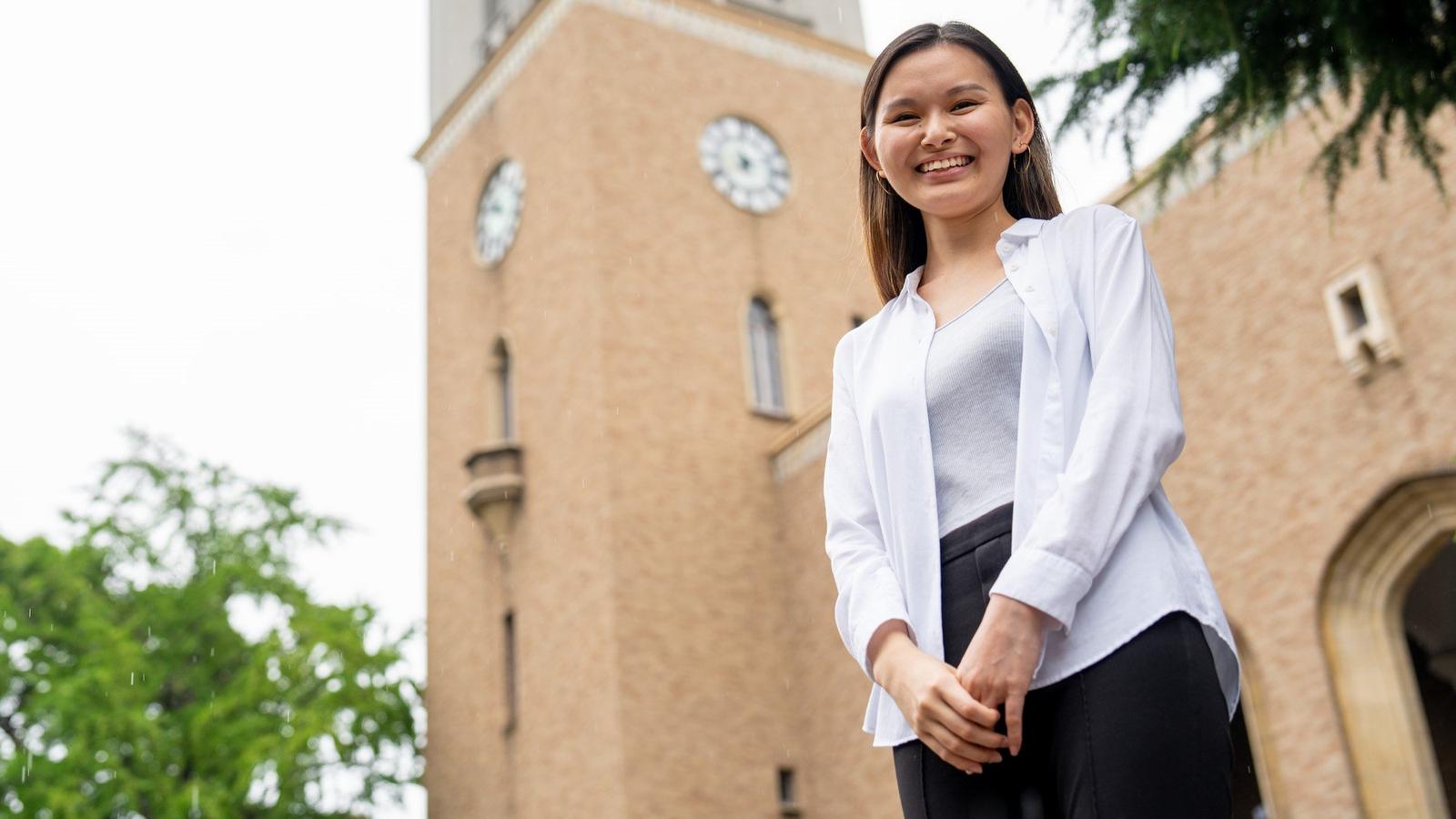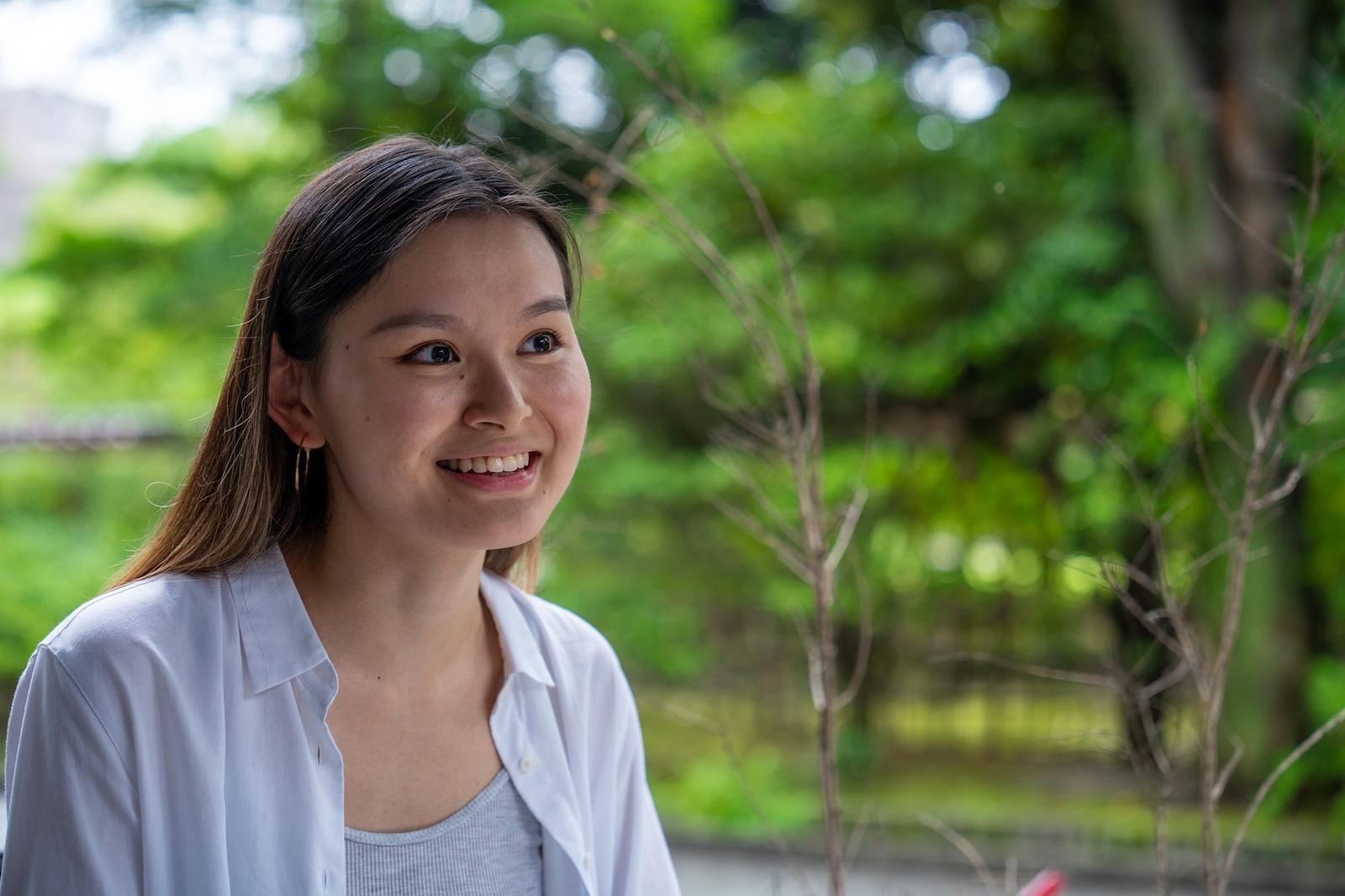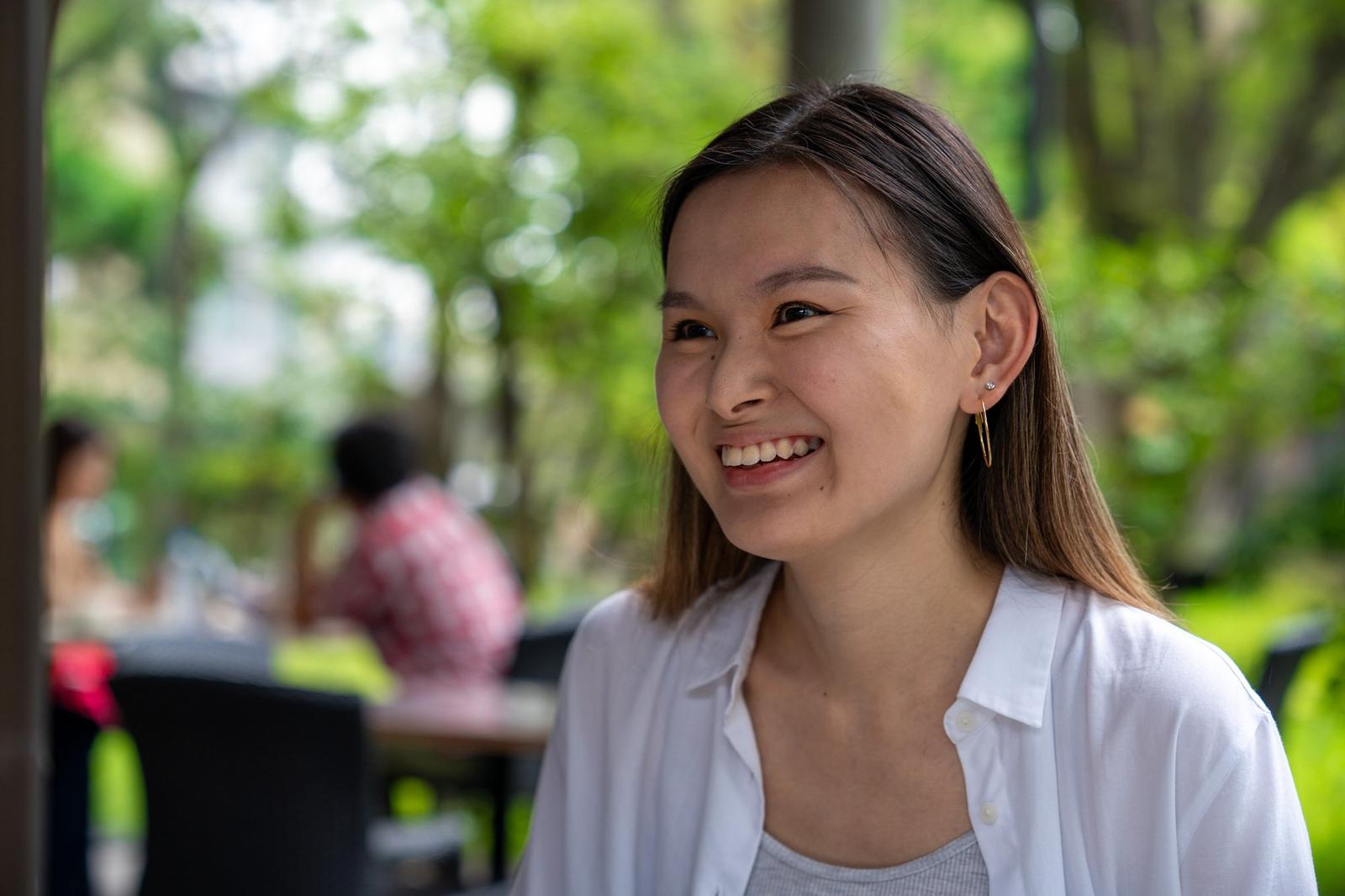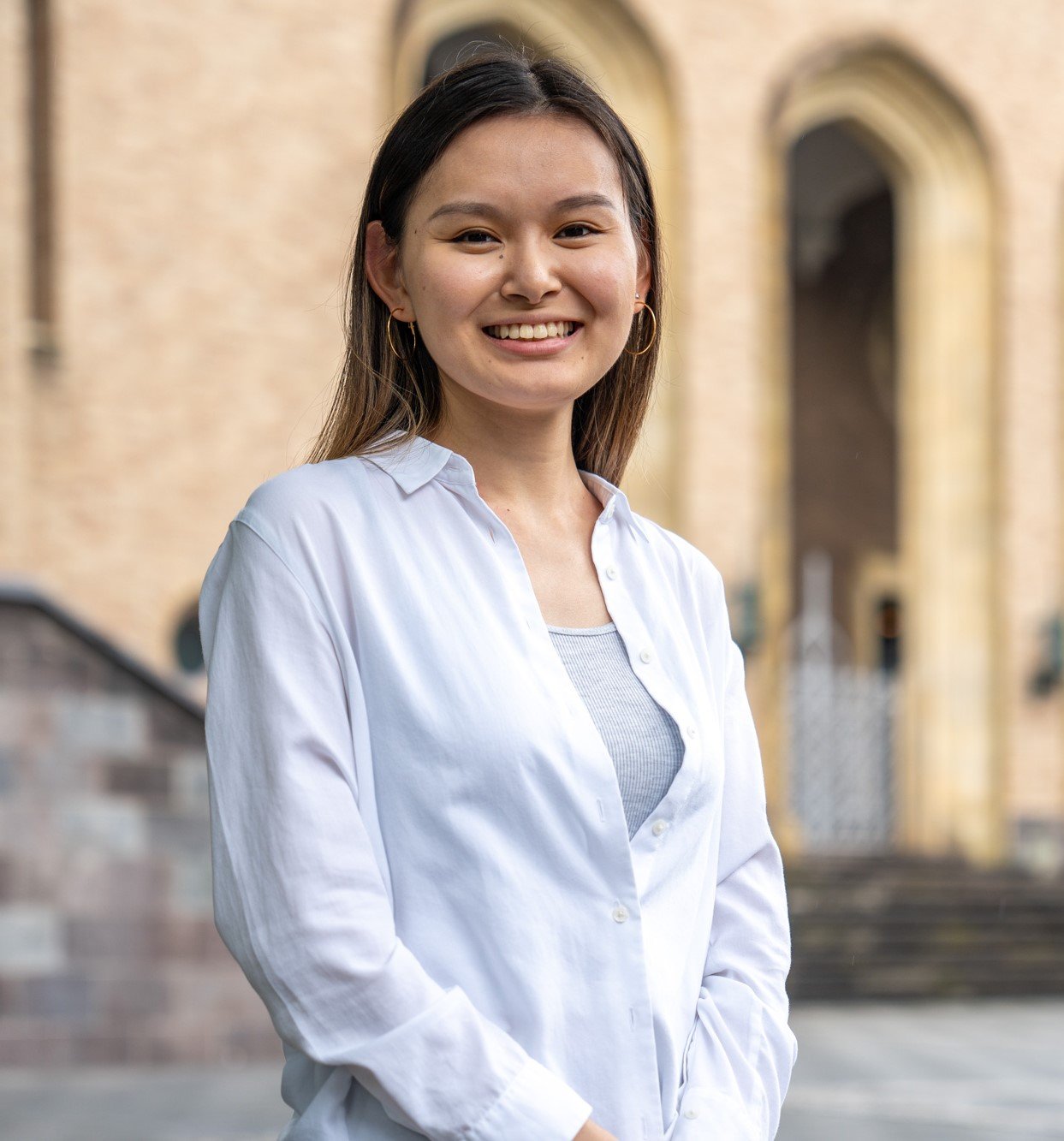Next Generation Talent:
Learning How to Overcome Cultural Barriers at Waseda University

Fostering Communication Skills is Key
While the university's history dates back to 1882, its School of Social Sciences was founded in 1966 with the goal of identifying and challenging modern problems. The TAISI program is part of that mission, aiming to equip students with the knowledge necessary to present a multicultural, cooperative response to the issues of the 21st century.
Recent graduate Usui, whose parents are from Japan and Myanmer and spent nine years living in Thailand, says she found TAISI to be an eye-opening experience. "I first came to Tokyo and started my university program in 2019, and I didn't think I was going to have any problems, considering the fact that I'm half-Japanese and I can speak Japanese fluently, but I realized that I looked at things from a kind of Western perspective because I grew up in an international community."

At Waseda University, students learn to understand the intricacies of Japanese society in order to navigate through it more smoothly. "The most memorable class that I had was called Intercultural Communication," Usui says. "It taught us about stereotypes as well as how different cultures, especially Japan, are often perceived. That class has really shown me how to be more open to the typical style of communication in Japan and to understand the common perspective of a person raised in Japan.
Experiencing Japanese customer service—considered the gold standard around the world—by living in Tokyo was also a valuable lesson for Usui. One of the things she found especially useful was focusing more on Japanese people's body language rather than their words. "I think that's the most important thing Tokyo taught me. There's a lot of communication styles out there," she says.
International Environment is its Biggest Strength
In order for people to better understand the mentality of the Japanese, they must first be aware of their own cultural norms and those of other societies around the world. That is what makes Tokyo such a great venue for the TAISI program. As one of the world's most popular destinations for business, study, and travel, Tokyo attracts people from all over the globe, creating an international atmosphere that is most conducive to learning about foreign cultures.

"I lived in a dorm that was 80 percent exchange students," Usui says. "I got to interact with them all the time, and we would chat about every little thing. I think that being in a community of people from different places really helped me learn more about Japanese culture. Waseda University is one of the most global universities in Japan, and they have the most English program options, which was a real advantage and what really appealed to me."
Usui has landed a position at a Tokyo-based recruitment company starting April 2024. When job hunting she found many domestic and multinational companies were very interested in hiring international-minded students just like her. With the educational background provided by the TAISI program, Usui had little trouble landing interviews and making the right impression.
Jasmine Usui
Transnational and Interdisciplinary Studies in Social Innovation program (TAISI)
TAISI is an English-based degree program that aims to cultivate "Social Innovators," or passionate leaders who can be a catalyst for social change. Students gain specialized and interdisciplinary knowledge in the four fields of Community & Social Development, Peace Building & International Cooperation, Economic & Environmental Sustainability, and Social Organizations & Working. Of the students, 54% are international students (as of 2023). https://www.waseda.jp/fsss/sss/en/about/cjsp/Waseda University
https://www.waseda.jp/top/en/Photos by Julio Kohji Shiiki





